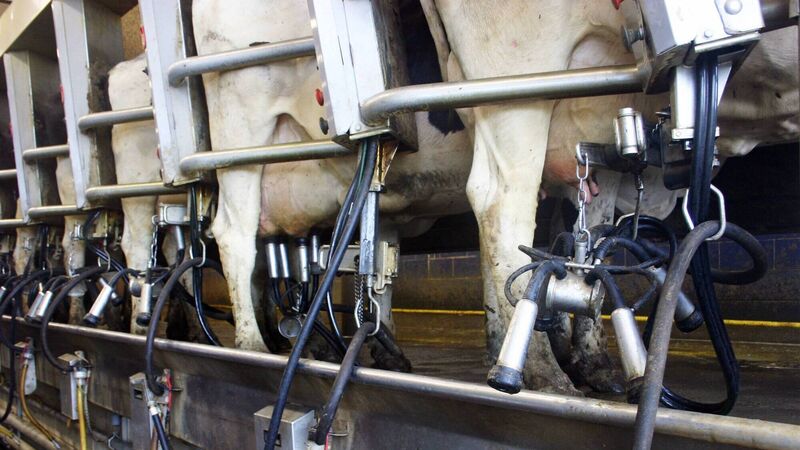Farmers demand higher milk prices to compensate for rising sustainability costs

ICMSA: 'It’s imperative that remaining milk processors increase their price for November milk.'
Try from €1.50 / week
SUBSCRIBEAs dairy farmers braced this week for a Brexit impact, they also called for a consistent milk price rise to offset increasing milk production costs due to climate action and nitrate regulations.
IFA dairy chairman Tom Phelan said this week’s publication of the Ag-Climatise consultation document, and recent and pending increases in nitrate derogation requirements, make extra demands on them.
Already a subscriber? Sign in
You have reached your article limit.
Annual €130 €80
Best value
Monthly €12€6 / month
Introductory offers for new customers. Annual billed once for first year. Renews at €130. Monthly initial discount (first 3 months) billed monthly, then €12 a month. Ts&Cs apply.
Newsletter
Keep up-to-date with all the latest developments in Farming with our weekly newsletter.
Newsletter
Keep up-to-date with all the latest developments in Farming with our weekly newsletter.
Newsletter
Sign up to the best reads of the week from irishexaminer.com selected just for you.
Newsletter
Keep up with stories of the day with our lunchtime news wrap and important breaking news alerts.
Friday, February 6, 2026 - 9:00 PM
Friday, February 6, 2026 - 9:00 PM
Friday, February 6, 2026 - 9:00 PM
© Examiner Echo Group Limited